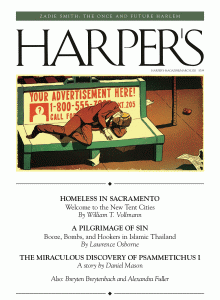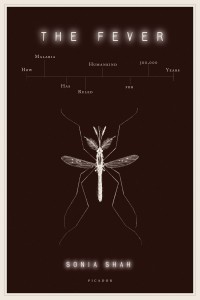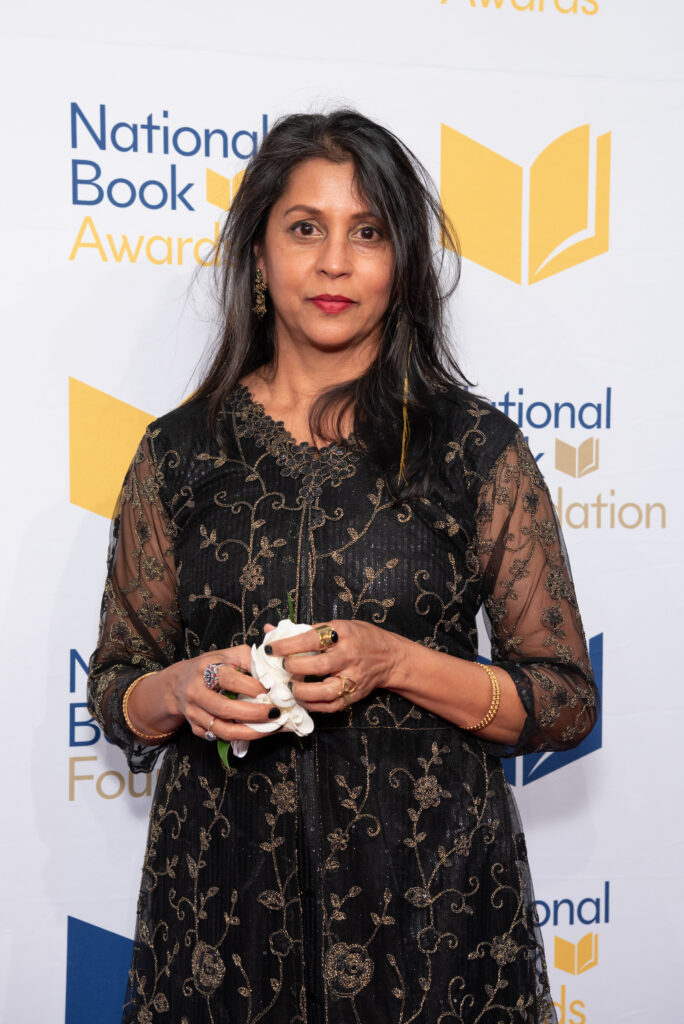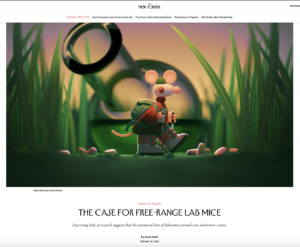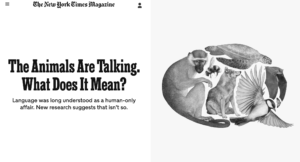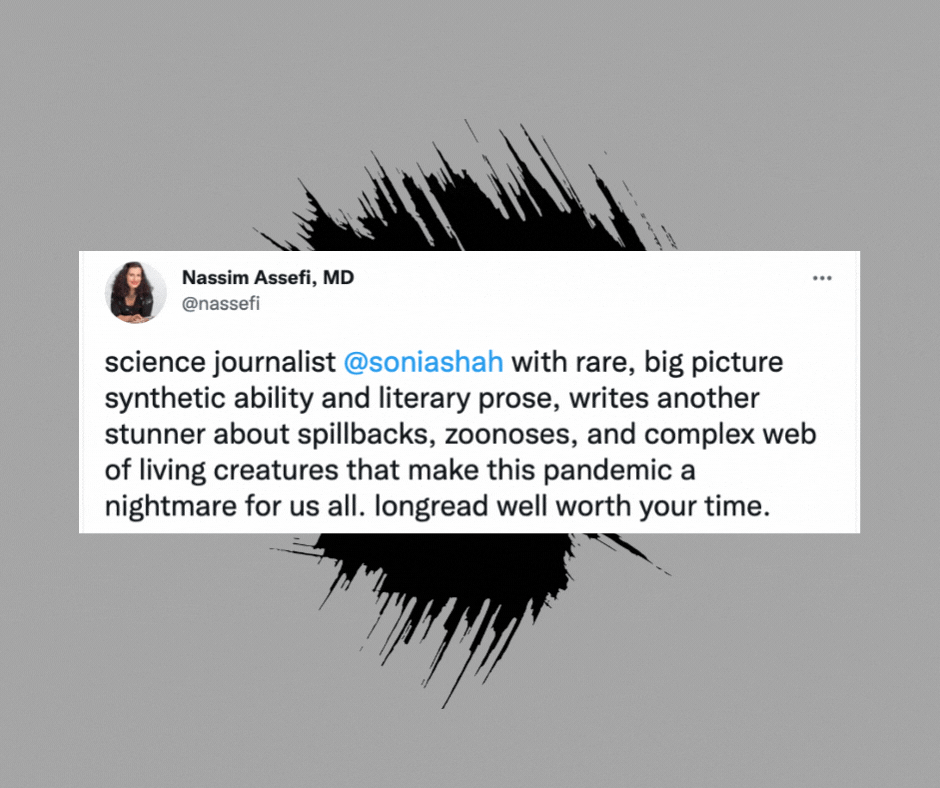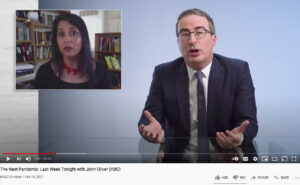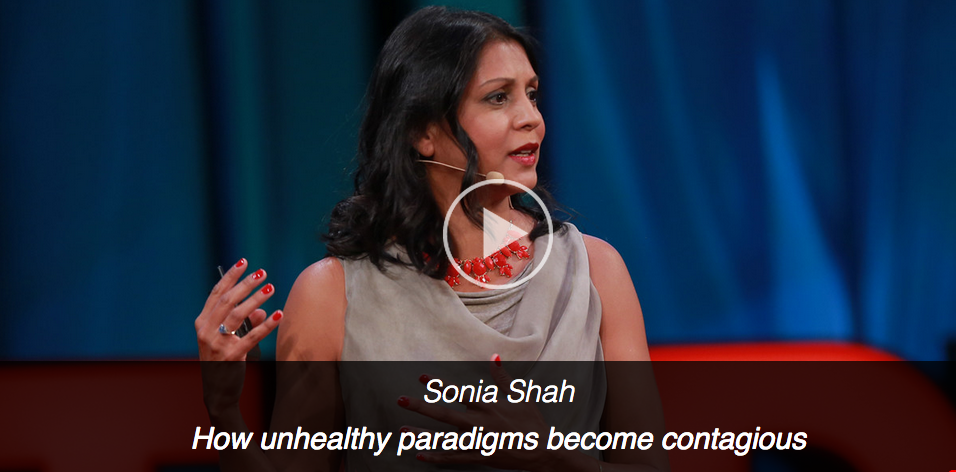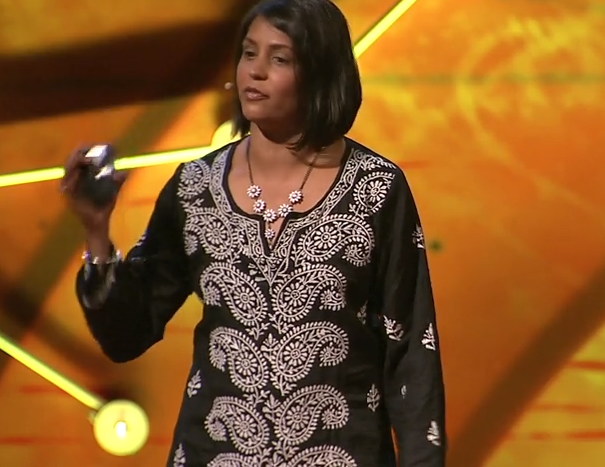So honored and flattered to find out that “The Fever” is one of 13 science books long-listed for the Royal Society Winton prize, considered the Booker Prize of science writing. The short-list of 6 will be announced in September, and the winner in November. Fingers crossed!
Author: Sonia Shah (Page 6 of 19)
When my kids were small, we moved to Australia for 3 years, thanks to a post-doc my husband (a biologist) took on at James Cook University in lovely north Queensland. Besides eating a lot of mangoes and hanging out in hammocks, we all became citizens of Australia. Which is why it is now possible for my work to be considered Australian–and for “The Fever” to be excerpted in NewSouth’s 2011 edition of Best Australian Science Writing. Book to appear in November. Thank you Oz!
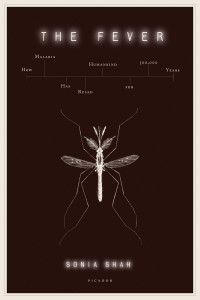 Picador has released the paperback edition of “The Fever.” I hope this much more affordable edition will find its way into more readers’ hands. Please do pass it on! Check it out at Amazon.com here.
Picador has released the paperback edition of “The Fever.” I hope this much more affordable edition will find its way into more readers’ hands. Please do pass it on! Check it out at Amazon.com here.
February 21, 2012. 7:30 pm. “The Fever.” Juniata College, Huntingdon, PA.
A strange and lovely film, which I reviewed for The Lancet. Check it out here. It’s worth watching just for the “wabi-sabi,” that is, the Japanese principle of finding beauty in transient and imperfect things, which animates the film. It’s an original for sure: a sci-fi romance about organ transplantation starring Hollywood A-listers such as Keira Knightley, which is unexpectedly beautiful to behold.
My report on cholera’s deep links to the climate–and the ongoing controversy over the origins of the ongoing outbreak of cholera in Haiti–appears in this week’s Yale Environment 360. Check it out here.
Yes, another famous person has come down with malaria! It was British model Cheryl Cole most recently, and now the actor George Clooney, who has just recovered from a bout contracted in Sudan. He’s taking questions about the disease at NYTimes.com, via Nicholas Kristof’s blog.
It’ll be interesting to learn whether he took prophylaxis or not. I suspect he did not. Many Westerners who travel regularly to malaria-endemic regions don’t, including some top malariologists I’ve met. I suppose they feel immune, sleeping in air-conditioned rooms and enjoying easy access to prompt treatment. And mostly they are, compared to the 300,000+ people living in huts and slums who get infected every year. Personally, though, I’d never skip the preventive drugs. The history of malaria shows that that wily parasite and the mosquito that ferries it around are full of secrets and surprises.
On a separate note–I once appeared in a documentary about the film “Syriana,” talking about oil politics in connection with my book “Crude.” As George Clooney stars in “Syriana,” he appeared in the documentary too. Which means, of course, that I was in a movie with George Clooney!
“The lessons of history should give us pause,” writes the medical historian W.F. Bynum in a long piece about malaria vaccines in Friday’s Wall Street Journal.
The occasion for Bynum’s piece is the publication of an optimistic new book about malaria vaccines, written by the entrepreneur-philanthropist Bill Shore, with the somewhat nauseating title of “The
Imaginations of Unreasonable Men: Inspiration, Vision, and Purpose in the Quest to End Malaria.” (I’m no strident stickler for gender-neutral language, but really? Unreasonable men? In the TITLE? Take that, Melinda Gates and Regina Rabinovich.)
Shore’s book is an homage to the charitable work of Bill and Melinda Gates, giving “upbeat profiles” of Gates Foundation beneficiaries, as Bynum puts it. Bynum tackles the question as to whether their quest to develop a malaria vaccine is really the be-all end-all of malaria. “Most malariologists agree that malaria cannot be eliminated without a vaccine,” he writes. “But that does not mean that a vaccine will necessarily eliminate malaria.” Quite.
It’s a great piece. (And not only for this: “All these issues, and many others, are brilliantly exposed in Ms. Shah’s book.”)
